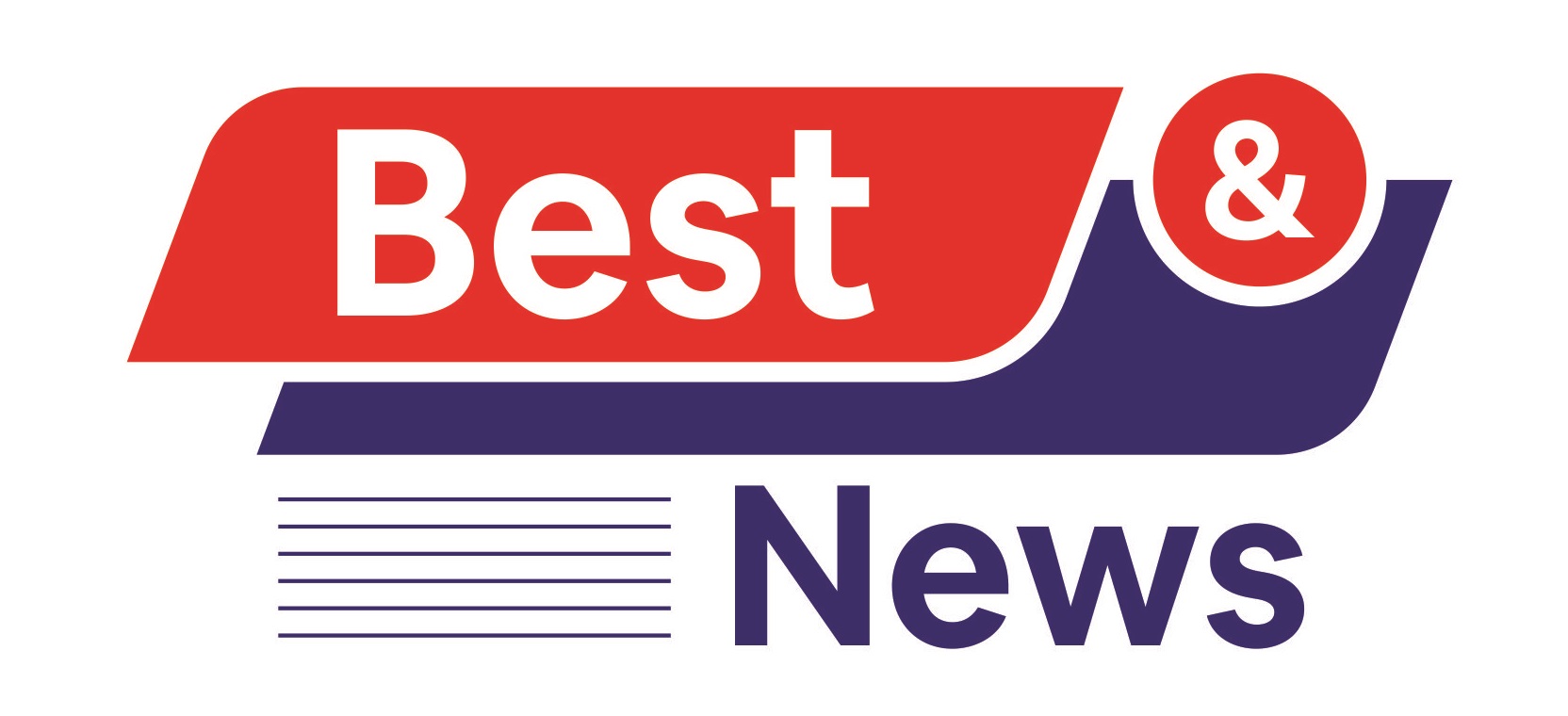Receiving a medical bill that seems excessively high or contains errors can be a stressful experience. However, how to challenge a medical bill is within your rights as a consumer, and there are steps you can take to dispute inaccuracies, negotiate lower fees, or seek financial assistance. Here’s a comprehensive guide to challenging a medical bill:
- Review Your Medical Bill: Carefully review your medical bill to ensure its accuracy. Check for any discrepancies, such as incorrect dates of service, billing codes, or charges for services you didn’t receive. Take note of any unfamiliar terms or procedures and gather supporting documentation, such as itemized statements or explanations of benefits from your insurance company.
- Understand Your Insurance Coverage: If you have health insurance, review your policy to understand what services are covered and what your financial responsibilities are. Pay attention to factors such as deductibles, co-payments, and coinsurance, as these can impact the amount you owe for medical services.
- Contact Your Healthcare Provider: If you identify errors or discrepancies on your medical bill, contact your healthcare provider’s billing department to discuss your concerns. Provide specific details about the inaccuracies you’ve identified and request that they investigate the matter further. Be polite but firm in your communication, and document all interactions for your records.
- File an Appeal with Your Insurance Company: If your medical bill was partially or fully denied by your insurance company, you have the right to appeal the decision. Review the denial notice from your insurance company to understand the reason for the denial and follow the instructions provided for filing an appeal. Submit any necessary documentation to support your appeal, such as medical records or letters from your healthcare provider.
- Negotiate a Lower Payment: If you’re unable to afford the full amount of your medical bill, consider negotiating with your healthcare provider to lower the fees. Explain your financial situation and inquire about options for reducing or discounting the charges. Many healthcare providers are willing to work with patients to establish payment plans or offer discounts for prompt payment.
- Seek Financial Assistance: Some healthcare providers offer financial assistance programs for patients who are unable to pay their medical bills due to financial hardship. These programs may provide discounts, sliding-scale fees, or payment plans based on your income and household size. Contact your healthcare provider’s billing department to inquire about available assistance options.
- Consult with a Patient Advocate or Legal Expert: If you’re unable to resolve your medical bill dispute on your own, consider seeking assistance from a patient advocate or legal expert. These professionals can provide guidance on your rights as a consumer and help you navigate the appeals process or negotiate with your healthcare provider. Be sure to research reputable advocates or attorneys with experience in medical billing disputes.
Challenging a medical bill can be a complex and time-consuming process, but with persistence and determination, you can advocate for yourself and potentially reduce your financial burden. By carefully reviewing your bill, understanding your insurance coverage, and exploring options for negotiation or financial assistance, you can take proactive steps towards resolving your medical billing dispute.

